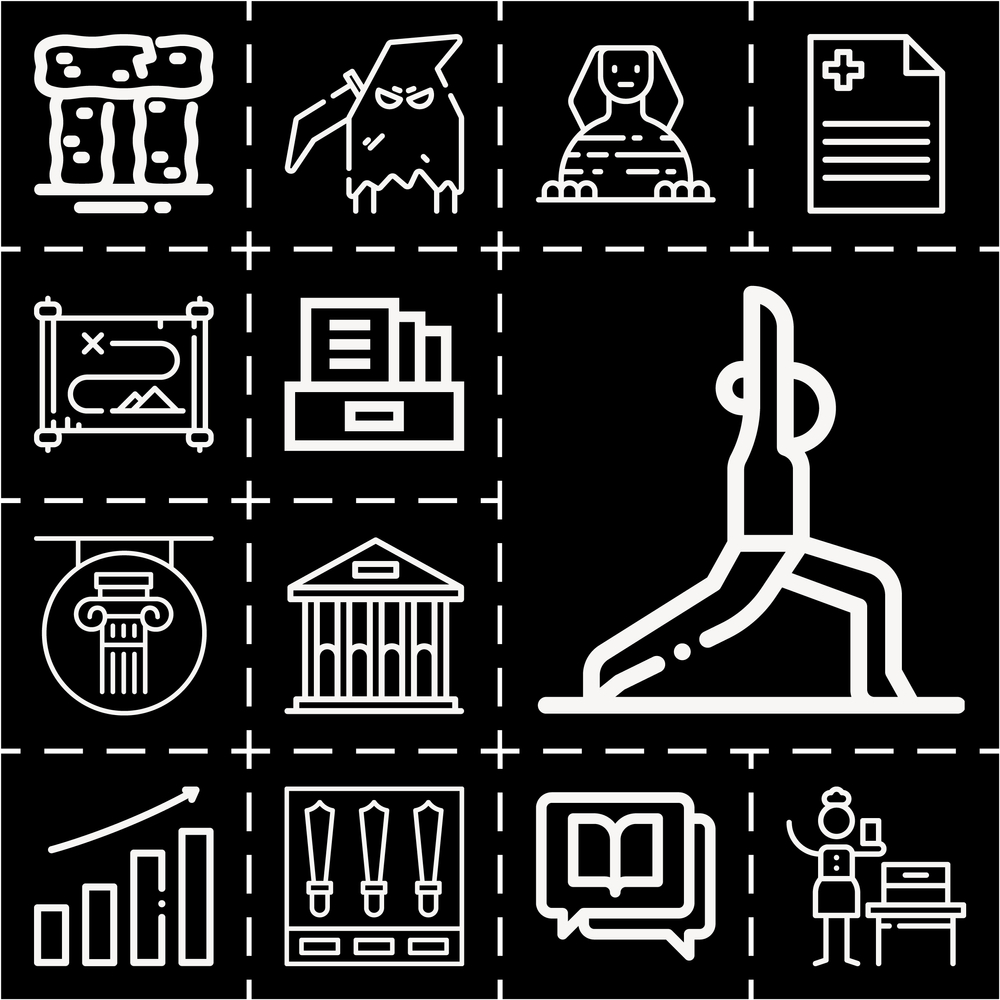Harnessing Diversity
How the coronavirus pandemic sheds light on humanity's greatest transformational challengeHomo sapiens has been hugely successful as a species. We may have evolved from other animals, but with the development of self-aware consciousness, we’ve transcended the limits of purely biological evolution. Through our unique abilities we’ve created the Anthropocene epoch on earth, full of amazing technological and artistic achievements. But in the process, we’ve brought about an ecological crisis that threatens the planet with serious damage and our own species with extinction. No, not the current pandemic, but rather the whole nexus of challenges that include climate change, habitat loss, biodiversity loss, environmental pollution, overuse of resources and growing inequality. What you might call the “human predicament”.
Materialist science on its own is not able to provide us with an answer to these challenges, since it tells us what we can do, but not what we should do. Religion on its own isn’t the answer, since it too easily asks us to fly in the face of known reality on the grounds of archaic belief systems and all-too-human power structures. And our social structures themselves seem to have led to civilisations and empires that aren’t yet able to provide the answer either, since our history points towards an inevitable pattern of rise and fall. There is a real danger that our combined efforts to avert catastrophe will turn out to be ‘too little, too late’.
From what we now know about the evolving nature of the universe since its origins 13.8 billion years ago, we can discern a pattern of continual development, punctuated by a series of thresholds. Each threshold creates new possibilities and the accelerating development of more complex capabilities. The threshold of human self-aware consciousness has given rise in homo sapiens to a species capable of understanding the nature of the universe, our own place within it, and the strengths and weaknesses of our unique nature. We are also the first species with powers of creativity capable of matching or even surpassing those of nature. We are natural born learners.

But it seems that the same process of evolution that has brought homo sapiens these incredible gifts, has come packaged together with a dark side. We are a social species and have built societies that aspire to espouse values such as courage, compassion, co-operation, truth, loyalty and community. But we are also individuals, and these values all-too-often mask personal drives that are far less publicly praiseworthy. Motives such as selfishness, status-seeking, competition, deception, control and power.
Transforming cultural values is extremely difficult and calls for strong, united and skilful leadership. This is a lesson that has been learned by many organizations not only in the world of business, but also in in other fields such as religion, public administration and charitable activities. How much more difficult, then, is the task of transforming the whole of humanity, so that we are not constantly at the mercy of our dark, shadow motives?
The present coronavirus pandemic in which homo sapiens and SARS-CoV-2 seek to establish some form of mutually acceptable ecological balance is providing plenty of opportunity to demonstrate our ‘higher’ values at work: governments protecting individual lives rather than pursuing ideological purity; international co-operation between scientists; business competitors cooperating to develop potential vaccines and to produce vital equipment in short supply; whole populations honouring the service of those in previously taken-for-granted occupations.

But there are also signs of our darker side asserting itself in a variety of ways: playing the “blame game” rather than seeking to learn from our mistakes; politicizing the virus either nationally or internationally, rather than seeking to break down cultural barriers; increasing cases of online fraud in one form or another; spreading false rumours in order to inflame passions and encourage public displays of anger; even some elements of profiteering from people’s misfortunes.
As evolutionary scientists such as Edward O. Wilson of Harvard University, David Sloan Wilson of Yale and Kevin Laland of St Andrews have pointed out in recent best-selling books[i], humanity is evolving socially and culturally very rapidly indeed. But are we evolving fast enough in the face of the accelerating human predicament? The question is, can we turn our many differences into the most diverse community that humanity has yet assembled, and find ways of better organising how we live together on our finite planet? Ways that must incorporate the very best insights, wisdom and means of learning that science and civil society can assemble from people of all nationalities and all faiths and none. Surely, that is our supreme challenge if we are to make progress in the most ambitious and multi-faceted cultural transformation that humanity has yet attempted?
[i] The Social Conquest of Earth by Edward O. Wilson,
This View of Life: Completing the Darwinian Revolution by David Sloan Wilson and
Darwin’s Unfinished Symphony: How Culture Made the Human Mind by Kevin N. Laland



Recent Comments